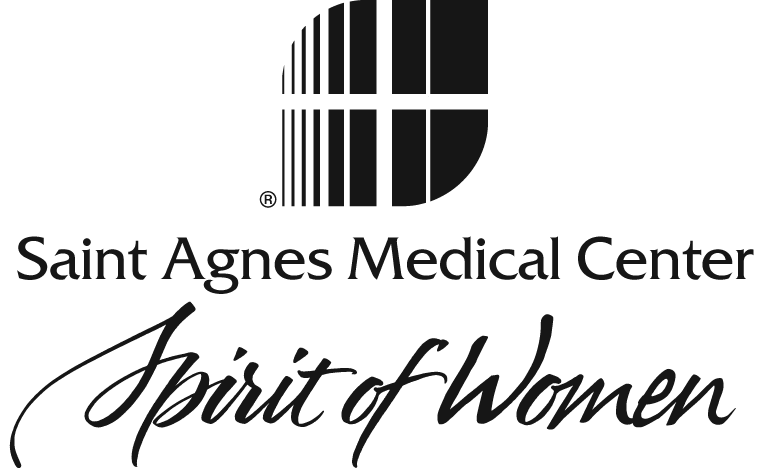Fab or Fad: How Different Diets Impact your Health
Mediterranean. Paleo. Keto. DASH. South Beach. Atkins. Zone. Vegan. Raw Foods. So many diets! All promise to help you lose weight, lower your blood pressure, protect against disease or reduce your environmental footprint. Not sure which diet is best? You’re in good company!
What you eat, and how much you eat, has significant impact on your overall health, including your weight. Despite the fact that millions of us go on a diet every year, two-thirds of adults and one-third of children are nevertheless overweight or obese.
Every year, U.S. News & World Report ranks the best diets overall and in various categories, such as weight loss. Its 2018 overall top three diets are the Mediterranean and DASH diets (which are tied) and the flexitarian diet. A flexitarian is a flexible vegetarian—someone who eats primarily plants, but also eats a small amount of food that comes from animals.
All three share important characteristics: They focus primarily on plants, whole grains, healthy fats (such as olive oil), lean protein and minimal amounts of added sugars, fats and salts. Studies show that these diets really do help people maintain a healthy weight and reduce their risk for many preventable diseases, such as heart disease, diabetes and several types of cancer.
High protein diets, such as Atkins or Zone, and commercial diet programs, such as Weight Watchers and Volumetrics, can help you lose weight. High protein diets focus on controlling insulin (a hormone that plays a role in diabetes) by limiting carbohydrates. They can lead to nutritional deficiencies and other problems if you’re not careful. Commercial diet programs generally provide nutritionally balanced meals in measured portion sizes.
How do different diets compare?
The truth is, no one diet is best. It really depends on your health (for example, being high risk for one or more chronic diseases) and whether you need to lose weight. However, here are a few common elements that underlie a healthy, sustainable eating plan.
- Plant-based diets (made up primarily of fruits, vegetables, whole grains, nuts and seeds) are nutrient rich and medical evidence shows they are associated with positive health outcomes, including fewer cancers and less heart disease.
- It’s not clear that low-fat diets are better than diets high in healthful fats (for example, the Mediterranean diet).
- The Mediterranean diet, which includes high fiber intake, moderate amounts of alcohol and meat, antioxidants and polyphenols (micronutrients), has favorable effects on heart disease, cancer risk, obesity and metabolic syndrome (which is a risk factor for heart disease and diabetes).
- Diets that emphasize healthy carbohydrates are better than those that are low carb. Whole grains may lower your risk for cancers and help you control your weight.
U.S. NEWS & WORLD REPORT 2018 BEST DIETS RANKINGS: BEST DIETS OVERALL
- DASH Diet (Dietary Approaches to Stop Hypertension)
- Mediterranean Diet
- Flexitarian Diet (flexible vegetarian)
ACTION ITEMS
Still confused about which diet is best for YOU? Talk to your doctor. Together you can evaluate whether you need to lose weight, lower your risk for heart disease or diabetes or just find a healthy eating plan that works for you over the long term.
© 2018 Relevate Health Group Inc. All rights reserved.
